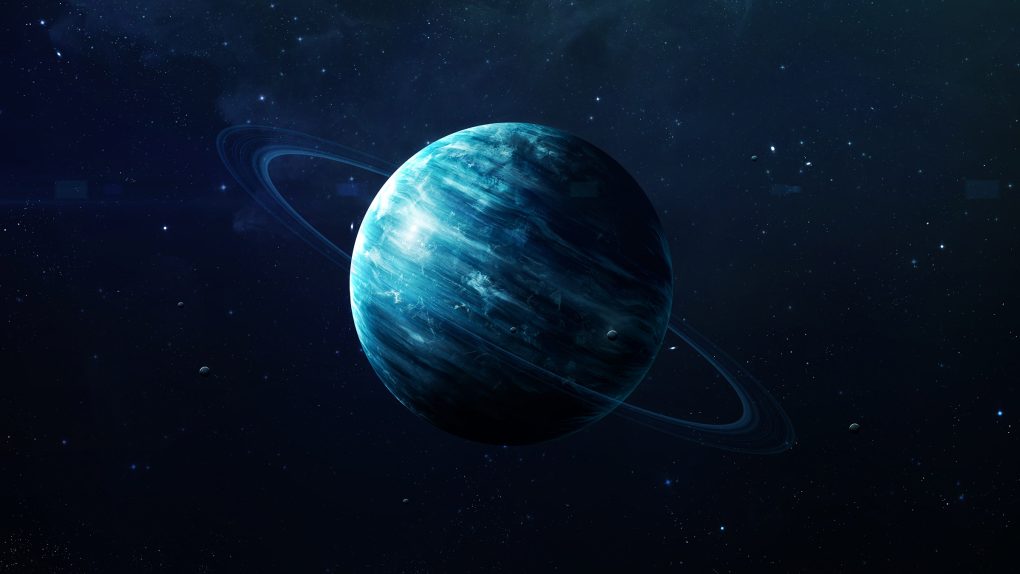DAILY GALAXY
For billions of years, the Sun has been Earth’s steadfast companion, providing the warmth and light necessary for life to flourish. However, like all stars, our Sun is undergoing a slow but inexorable transformation. Scientists have long known that the Sun will eventually exhaust its hydrogen fuel, leading to dramatic changes in its structure and output.
The Sun’s lifecycle can be broadly divided into several stages :
While the Sun’s final explosion is projected to occur in approximately 5 billion years, recent research indicates that Earth’s biosphere will face catastrophic challenges long before this cosmic spectacle. The gradual increase in solar luminosity over the next billion years will set in motion a chain of events that will render our planet increasingly inhospitable.
A groundbreaking study conducted by researchers from NASA and the University of Warwick has shed new light on the timeline of Earth’s habitability. Their findings suggest that the window for life on our planet is closing faster than previously thought.
The primary driver of this accelerated timeline is the Sun’s increasing brightness and heat output. Over the next billion years, these changes will dramatically alter Earth’s climate and ecosystems. The study reveals a grim progression :
This process, while slow by human standards, will be relentless. The Earth’s ability to support complex life forms will diminish long before the Sun reaches its red giant phase. This revelation underscores the urgency of understanding and potentially mitigating these long-term planetary changes.
As we face this existential challenge, scientists and visionaries are already contemplating potential solutions to ensure the continuation of human civilization. One of the most intriguing possibilities is the concept of interplanetary migration.
Mars, our celestial neighbor, has emerged as a prime candidate for human settlement. Despite its current hostile environment, the Red Planet offers several advantages :
The idea of terraforming Mars, once confined to the realm of science fiction, is now being seriously considered by researchers and space agencies. While the challenges are immense, the technological advancements in space exploration and our growing understanding of planetary systems provide a glimmer of hope for this audacious endeavor.



Connect with us on our socials: